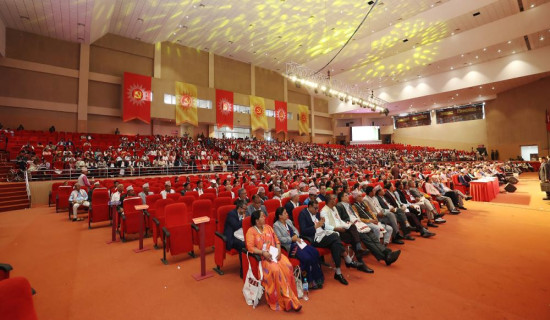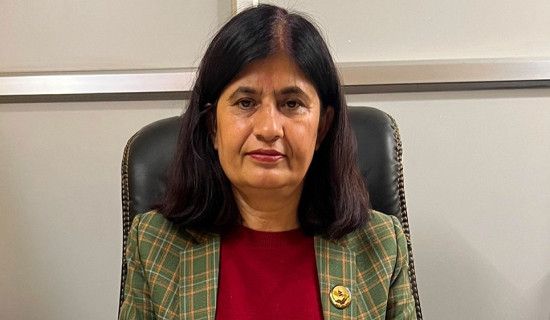- Sunday, 7 September 2025
Japanese PM Ishiba to quit amid LDP discontent
By Gabriele Ninivaggi, Japan Times, Sept 7: Prime Minister Shigeru Ishiba announced Sunday that he will resign amid growing calls from within the Liberal Democratic Party for him to take responsibility for a pair of poor showings at the polls, putting an end to his 11-month tenure.
In a news conference Sunday evening, Ishiba said he decided to step down because tariff negotiations with the United States, an issue he has described as a "national crisis," reached a milestone on Friday.
"I've always said I will decide what to do at an appropriate time. With U.S. tariffs negotiations reaching a certain phase, I believe now is the appropriate timing," Ishiba said. "I decided to give way to the next generation."
Ishiba's resignation came a day before the party was to decide whether to hold an early presidential election, following a drubbing in the recent Upper House election that saw the LDP-Komeito coalition lose its majority.
Until last week, Ishiba had shown resolve to stay in his post and address the challenges his government is facing on a variety of fronts, particularly the economy. As recently as Friday, Ishiba vowed to lead the government in implementing an economic stimulus package in the upcoming months.
However, calls for his departure had been gradually ramping up within the party, with some veterans urging Ishiba to quit before the actual party vote to prevent the party’s rift from deepening.
On Saturday evening, Ishiba met with Agriculture Minister Shinjiro Koizumi and LDP Vice President Yoshihide Suga, a former prime minister. The two reportedly urged him to step down ahead of Monday’s vote.
Speaking to an NTV program on Friday evening, former health minister Norihisa Tamura, a former member of Ishiba’s now-disbanded faction, mentioned there was a likelihood Ishiba would resign ahead of Monday’s vote.
Lawmakers pushing for an early presidential election were set to head to the LDP’s headquarters Monday from 10 to 15 and submit a letter expressing their will.
Rules say that if a majority of party lawmakers and party prefectural chapters are in favour of an early presidential election, the party needs to hold one.
According to a Yomiuri poll published Sunday, 21 prefectural chapters are in favour of an early vote, while 9 were against. Among the lawmakers, 161 said they supported one while 50 opposed it. A Kyodo poll showed 120 lawmakers were in favour of an early vote. A total of 172 votes would be needed to trigger an early presidential poll.
However, with Ishiba resigning, that all may be moot.
If Ishiba resigns, the party would need to hold a presidential election to nominate his successor in the coming weeks.
Two former economic security ministers, Sanae Takaichi and Takayuki Kobayashi, have hinted they might throw their hats in the ring again after coming up short a year ago. Some of Ishiba’s Cabinet members, such as farm minister Koizumi and Chief Cabinet Secretary Yoshimasa Hayashi, have long been seen as presidential hopefuls.
Ishiba became prime minister on Oct. 1 last year, a few days after his election as LDP president on his fifth attempt at the top role.
Following the loss of the LDP’s majority in a Lower House election last October, Ishiba has struggled to lead a minority government in the Lower House. In July, the LDP-Komeito coalition lost its majority in the Upper House.
After the defeat, Ishiba reiterated his intention to cling to his position, citing a dense political agenda.
Even amid growing discontent within the LDP toward Ishiba, the prime minister’s support ratings rose significantly, offering Ishiba an additional motive to stay in place.
However, LDP Secretary-General Hiroshi Moriyama’s decision last Tuesday to take responsibility for the Upper House losses and step down, together with other LDP executives, had complicated Ishiba’s position.
Ishiba’s weak support base had meant Moriyama had long been instrumental in keeping the administration afloat and striking agreements with the opposition in parliament.
Ishiba has yet to formally accept the resignations of Moriyama and other executives.

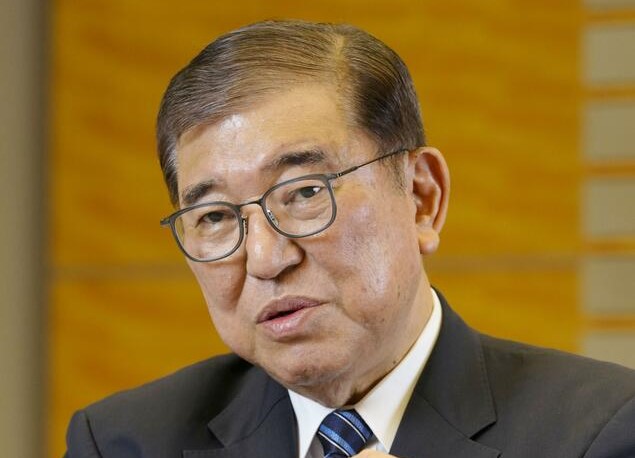


-(1)-square-thumb.jpg)
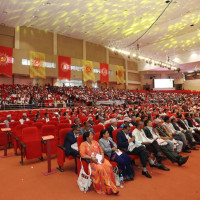
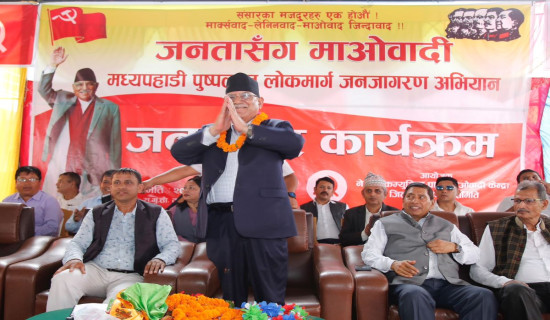


-(1)-original-thumb.jpg)
